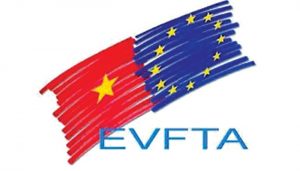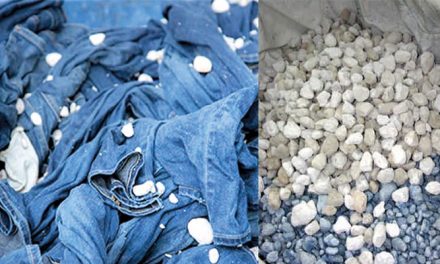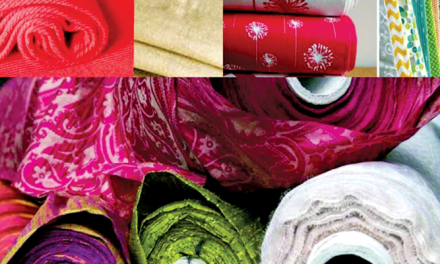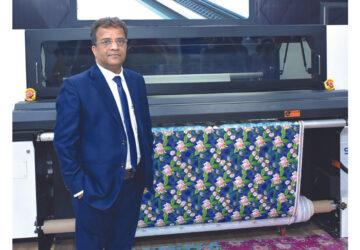
The EU-Vietnam Free Trade Agreement (EVFTA) expected to be signed next year which will provide tariff preferences to Vietnamese exporters to the EU. There will also be ample opportunities to upgrade the value chain for the textile and garment sector. Only “EVFTA originating” products will benefit from preferential tariffs for a maximum of seven years after entry into force, said EU-MUTRAP team leader Claudio Dordi. To be “EVFTA originating,” EVFTA requires textile and garment producers to carry out two production stages in an EVFTA country: Vietnamese producers can upgrade their value chain, adding the weaving or knitting stage to the existing cutting and sewing.
At present, this operation is particularly challenging, as it requires financial resources and high-skilled workers to manage the high-technology machinery. Dordi, who is also professor of the International Trade Law of Italy’s Bocconi University said that for a maximum of seven years, the present 12 percent duty on textile and garment imports from Vietnam will be removed and, taking into consideration the better legal environment for investment (indirect EVFTA opportunities), they may expect the EU or other countries’ investors to provide the necessary technology (machinery) to support the upgrading of the garment value chain.“Investors from other countries may wish to relocate sufficient stages of textile and garment manufacturing to Vietnam to benefit from market access offered by the EVFTA.
A number of domestic textile and garment firms like Thanh Cong Textile Garment Investment Trading Company and Phuong Anh JSC may benefit from the EVFTA as they have close production chains, from fibre, cloth, yarn, and buttons to finished products. Nguyen DucAnh, Head of Phuong Anh JSC’s Marketing Division producing garments and footwear products said that they are expecting to benefit from the EVFTA. It is expected that their company’s garment exports to the EU markets will annually increase by 25-30 per cent, thanks to tariff slashes. All materials are sourced from the company’s subsidiaries.
However, many textile and garment firms in Vietnam said that they might not be able to enjoy the benefits of the EVFTA. Nguyen Thanh Thuy, Deputy General Director of a Singaporean-Vietnamese garment and textile joint venture in Hanoi, said that her company would not be able to benefit from tariff slashes under the EVFTA, though it is exporting products to several European nations because the company imports almost all of its materials from Hong Kong, not from EVFTA members.



















